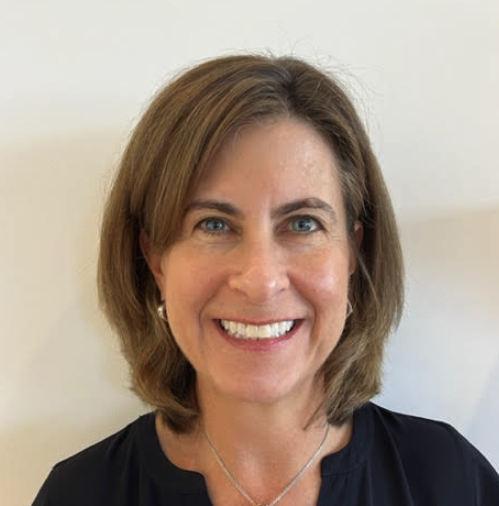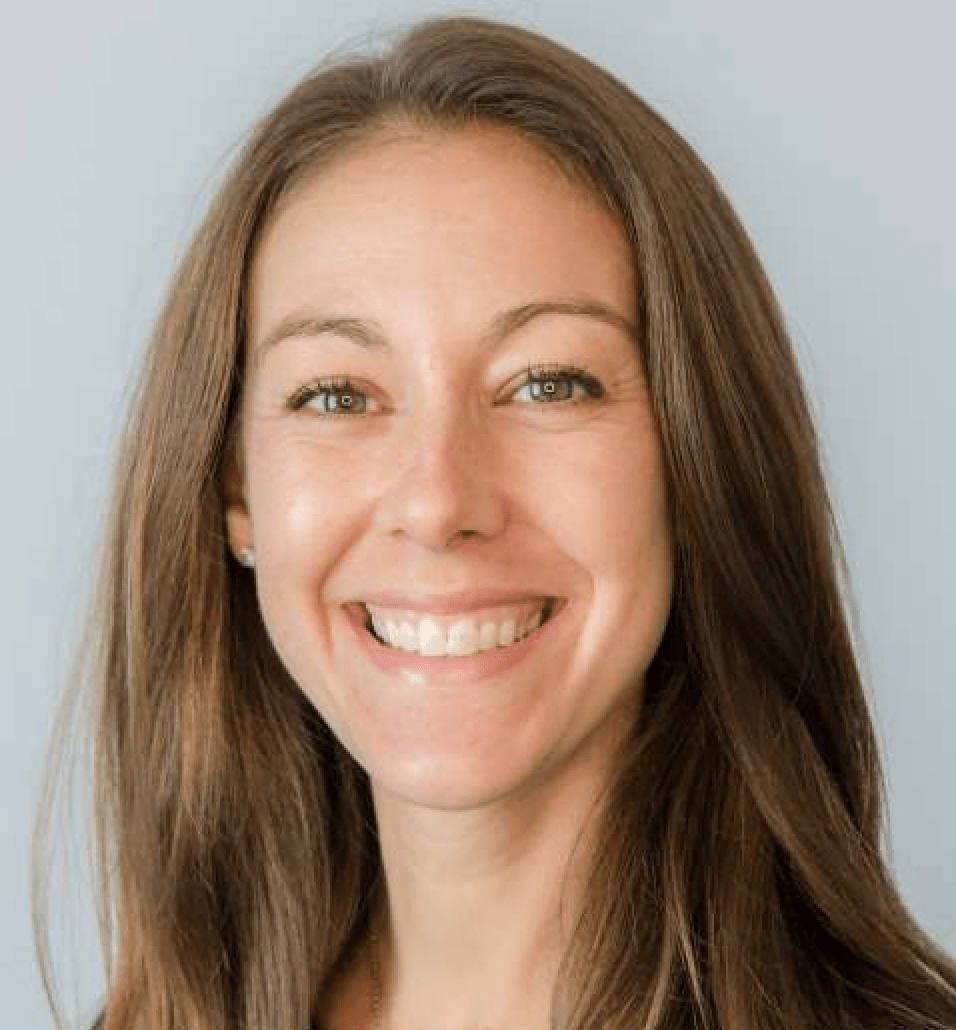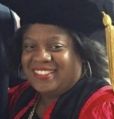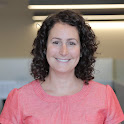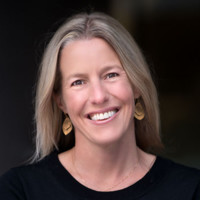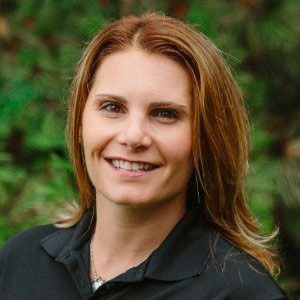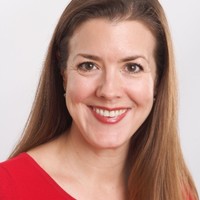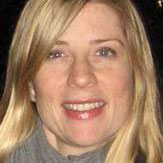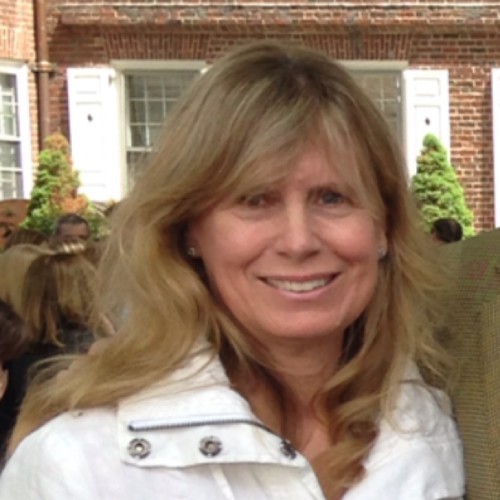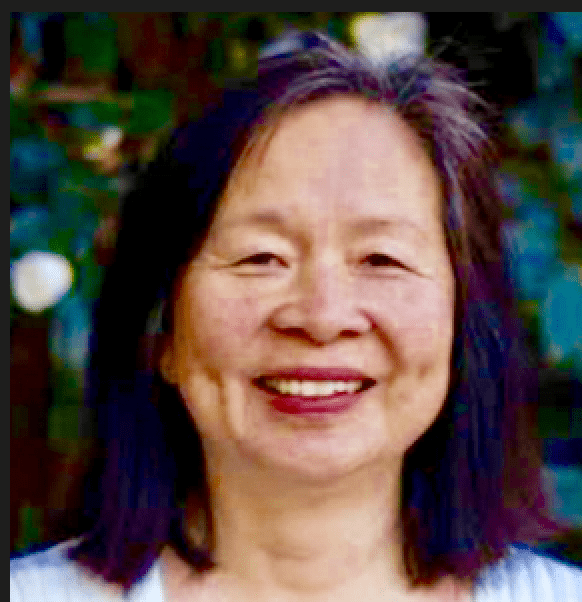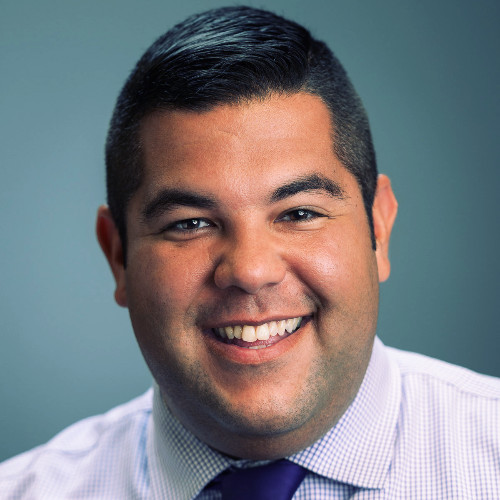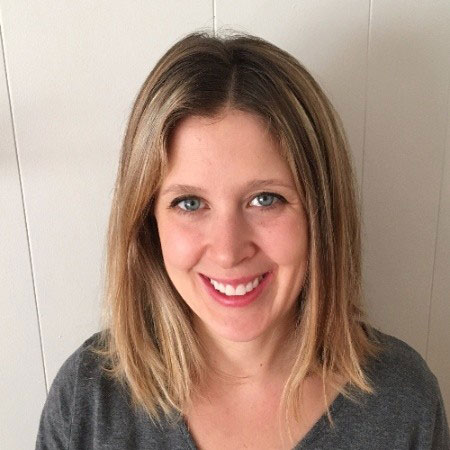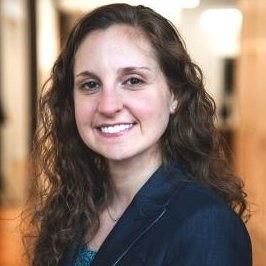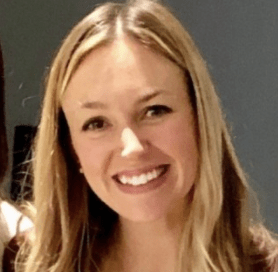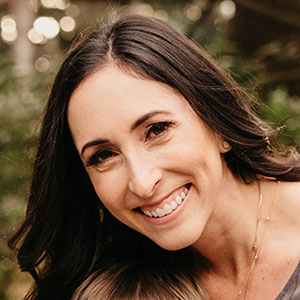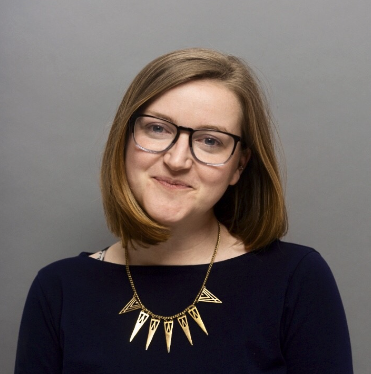
Assembling a diverse MBA class is a top priority for most business school admissions officers. In addition to gender, ethnicity, race, sexual orientation, and socio-economic considerations, MBA applicants with disabilities are also warmly welcomed. For more on this topic, we’re tapping the wisdom of SBC consultant Kevin, a Chicago Booth MBA and senior principal at Guild Education.
Kevin is a leader in the disability movement, writing, speaking, and advising for disability-related organizations, including the National Center for Learning Disabilities and the American Association for Access, Equity, and Diversity.
Embracing one’s disability in an MBA application goes beyond mere disclosure; it is an affirmation of identity, a testament to resilience, and a declaration of one’s intention to leverage their experiences for greater societal benefit, Kevin says.
This issue is critical, as a global survey of 184 current, former, and prospective MBA students with disabilities from Access to Success showed widespread barriers across the MBA experience—from application to graduation.
Kevin originally shared the following information on MBA applicants with disabilities on the B-Schooled podcast. Today, we’re sharing the highlights of his conversation with host Erika.
This Q&A has been edited and condensed for clarity.
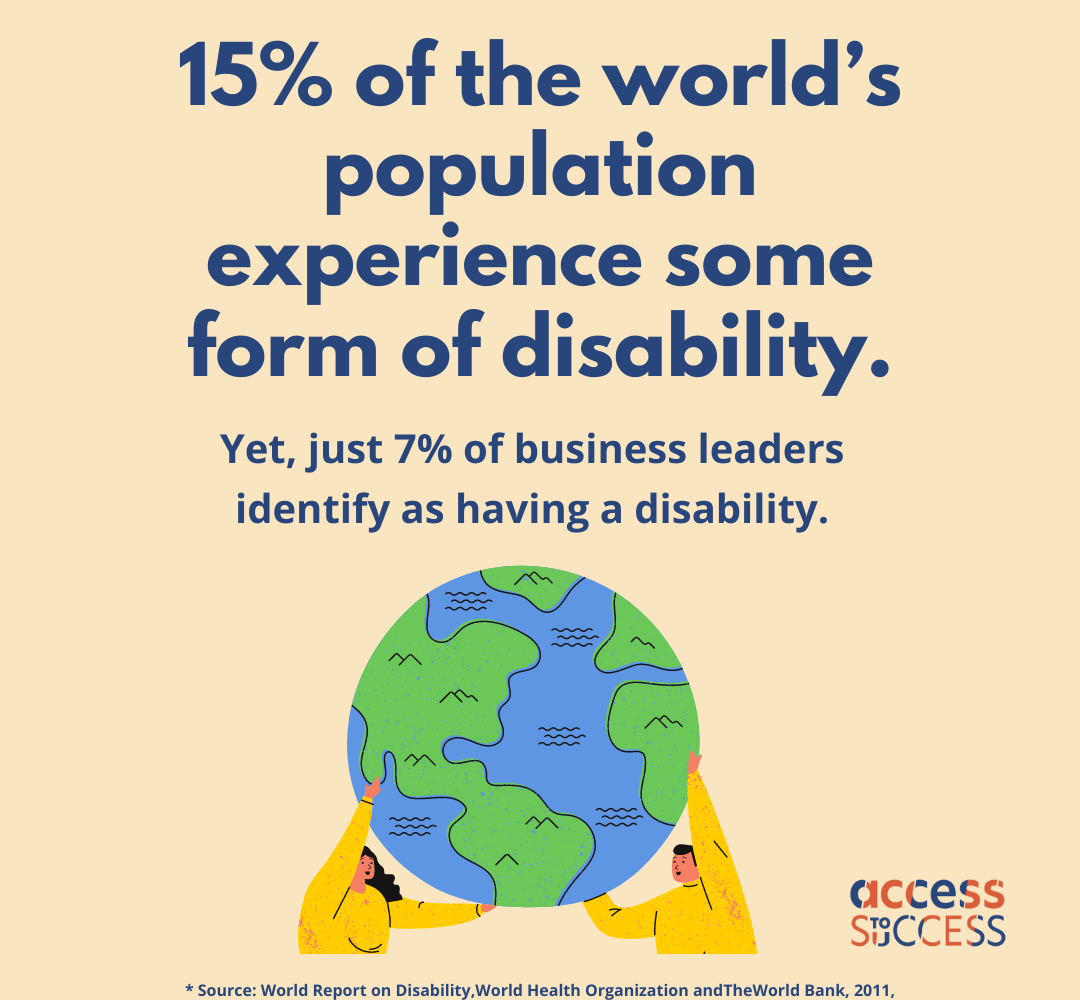
Are there any statistics on how many MBA applicants with disabilities are admitted to business schools?
Kevin: It’s a very much an understudied area. About 10 to 20% of all applicants and MBA students likely have some disability. Nationally speaking, about one out of every three or four adults have a disability.
There is some data on college students. About 20% of college students report having a disability, and the most common are learning disabilities and some sort of attentional issues such as ADD and ADHD. And then mental illness or psychiatric conditions would be the third main area.
Unfortunately, it’s an understudied area. Some researchers are trying to find information about MBA candidates and students, but we’re still a few years off from really understanding that data well.
What are your chances of getting into a top business school? Contact us to talk strategy with a free 15-minute advising session with an SBC Principal Consultant.
What do such candidates need to consider when applying for their MBA?
Kevin: Every MBA candidate, regardless of background, should consider why they want an MBA and what they hope to get out of it. Is it for the network? Do you want to switch careers? Are you trying to build leadership and strategy skills?
But if you do have a disability, there are a couple of other things that I would think about. One is: does your disability connect with your long-term goals? How do you want to consider your disability in relation to your long-term work goals and your life going forward? That’s a critical question that those with disabilities need to consider.

Another thing they want to evaluate is the community or the program itself. Every school will have some sort of disability support services, but some schools are better than others. For example, Cornell has an exceptional neurodiversity club, which might be interesting.
A neurodiverse MBA student at Michigan Ross launched a new club, Business Leaders for Diverse Abilities at Ross, in 2022. The club’s mission is to make Ross a leader in disability inclusion, admission, and recruiting for top MBA programs.
Another thing to look at is the community in general. Some communities really support the disability movement—for example, UC Berkeley. Most people believe the movement really started in Berkeley. But other very progressive cities and communities, such as Los Angeles, northern California, New York, and Chicago, typically have strong disability movements.
So, to summarize, I would think first about why you want your MBA. Do your long-term goals connect with your disability? Does the school have a good disability program, and does the community have disability support?
Should candidates discuss their disability in their MBA application materials?
Kevin: You don’t need to disclose if you have a disability; it’s up to the person and what’s best for them. However, if you’re asking for any accommodation, then you will need to mention it to get that accommodation.
I decided to disclose my disability in my application process and during my interview. In my case, it connected with my long-term goal, which, as a neurodiverse individual, was uncovering how companies could better manage and support those with disabilities. I wanted to get companies to consider the disability community as part of the broader community, and one that can add creative thinking and diversity in ways that they hadn’t fully considered before.
Asking for accommodations and disclosing my disability was the right thing for me. But of course, you don’t need to disclose anything—it’s up to the individual.
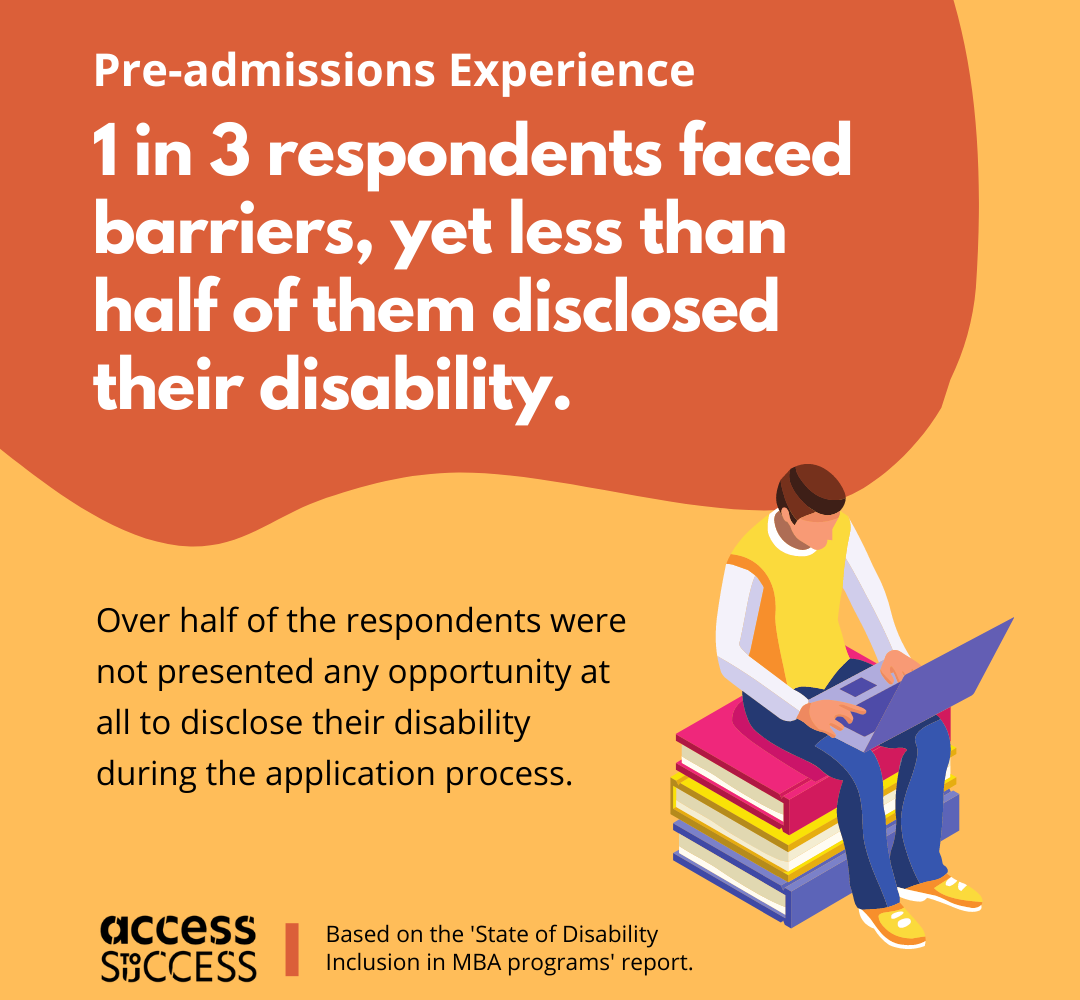
Are there situations where applicants benefit from disclosing a disability?
Kevin: The “should” is more of a strategic consideration. If the disability has significantly impacted your life and you identify as disabled, then my recommendation is to disclose it. I’ll give a few examples of how it can play into your story.
I worked with one successful applicant who had a long-term illness and disability throughout high school and college. She found hospitals incredibly depressing, not customer-friendly, and almost a hostile environment at times. She expressed her goal in the admissions process to take that personal experience and reinvent hospitals so they were more customer/patient first.
So, that became her story because it made sense for her. She experienced it, built a story around it, and now is building a career around it.
Another candidate I worked with had mental health obstacles as a child. Unfortunately, they couldn’t get the support they needed until adulthood. Their goal in the essays and interviews was to find scalable ways to support children and adults in getting the therapy they needed by leveraging technology.
Again, that was a case where they used their own story to illustrate clear career goals. This person was particularly brave in talking about their mental health challenges. I encouraged them to do so because it was critical to their story and was really a differentiator, which we know is vital in the application process.
To reiterate, if your disability is part of your story and relates to your career goals, you should include it. For some people, their disability is a core part of their identity and how they see their career going forward. And for others, it’s not. If so, I would include it in your story and application process.
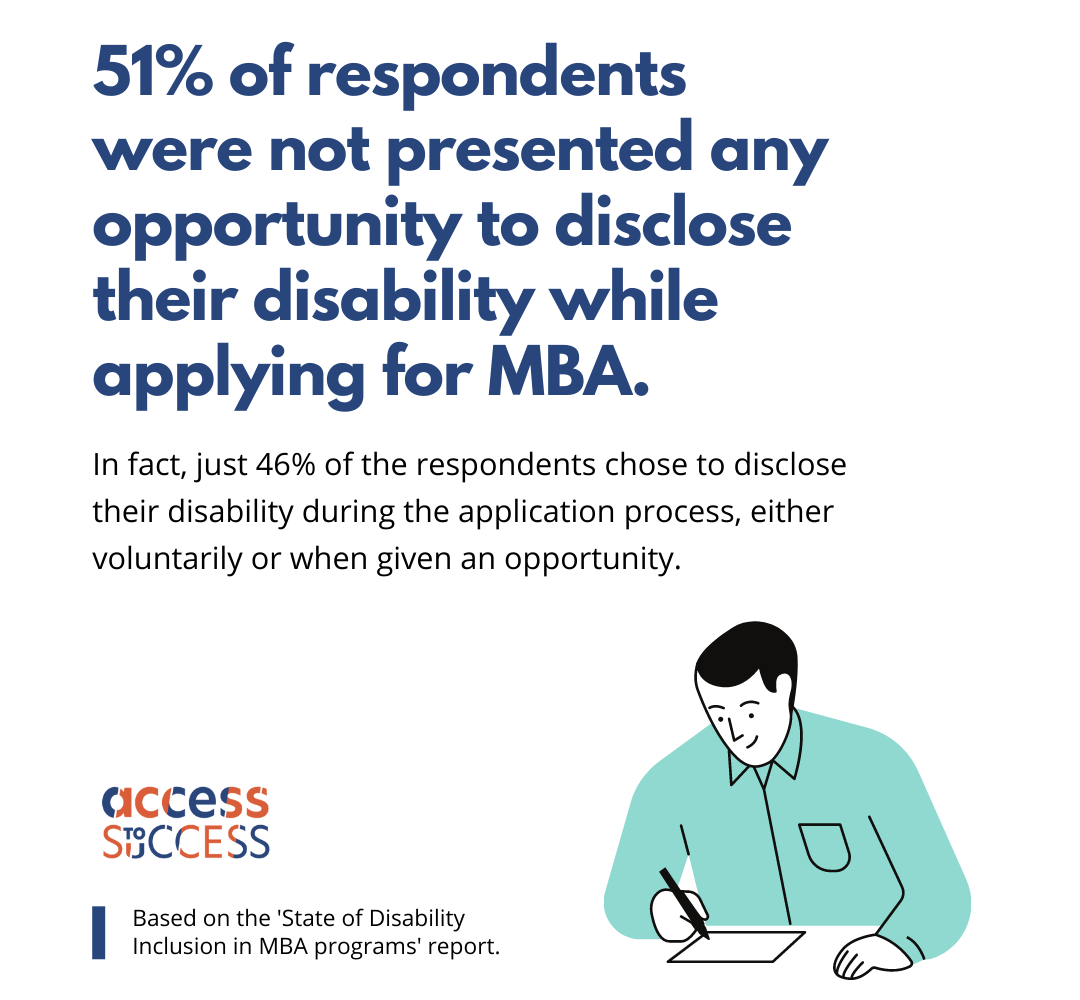
Is there any difference in your interview advice for MBA applicants with disabilities?
Kevin: According to the Americans with Disabilities Act, you have a right to accommodations with any university. All things being equal, I recommend talking about your disability in the interview and leaning into it, especially if it’s something obvious or that you identify with.
If it’s a physical disability, the interviewer will see it and likely create their own narrative about it. This is a chance to shape the narrative to your advantage, whatever that narrative might be in your story. Also, when you do talk about your disability in the interview, you’re demonstrating a willingness to discuss it with the admissions committee.
They also see that you’re more likely to engage your classmates, educate them, and talk about disabilities in a comfortable way. Part of business school is meeting people who are different from you, with different backgrounds, origins, ethnicities, and religions. Some are able-bodied, and some have disabilities.
Business schools typically encourage those with disabilities to take a proactive approach in the university setting. Demonstrating this early in the interview process can help the application process go more smoothly and to your advantage.
If an applicant with a disability is admitted, what accommodations could they expect at any MBA program?
Kevin: Most high schoolers with disabilities receive accommodations through the Individuals with Disabilities Education Act, or IDEA. So roughly 90-plus percent of students with disabilities receive some help. When they move to college, very few students disclose they have a disability and take advantage of the resources at their school. And there are a lot of reasons for that.
For one, there’s still some shame attached to it. A lot of people want to get away from the stigma of having a disability. It also can be challenging to access those accommodations, even though dozens and dozens of accommodations are available to students. Note takers are one, extra time is one, or other types of technology that can be leveraged to support those with various disabilities.
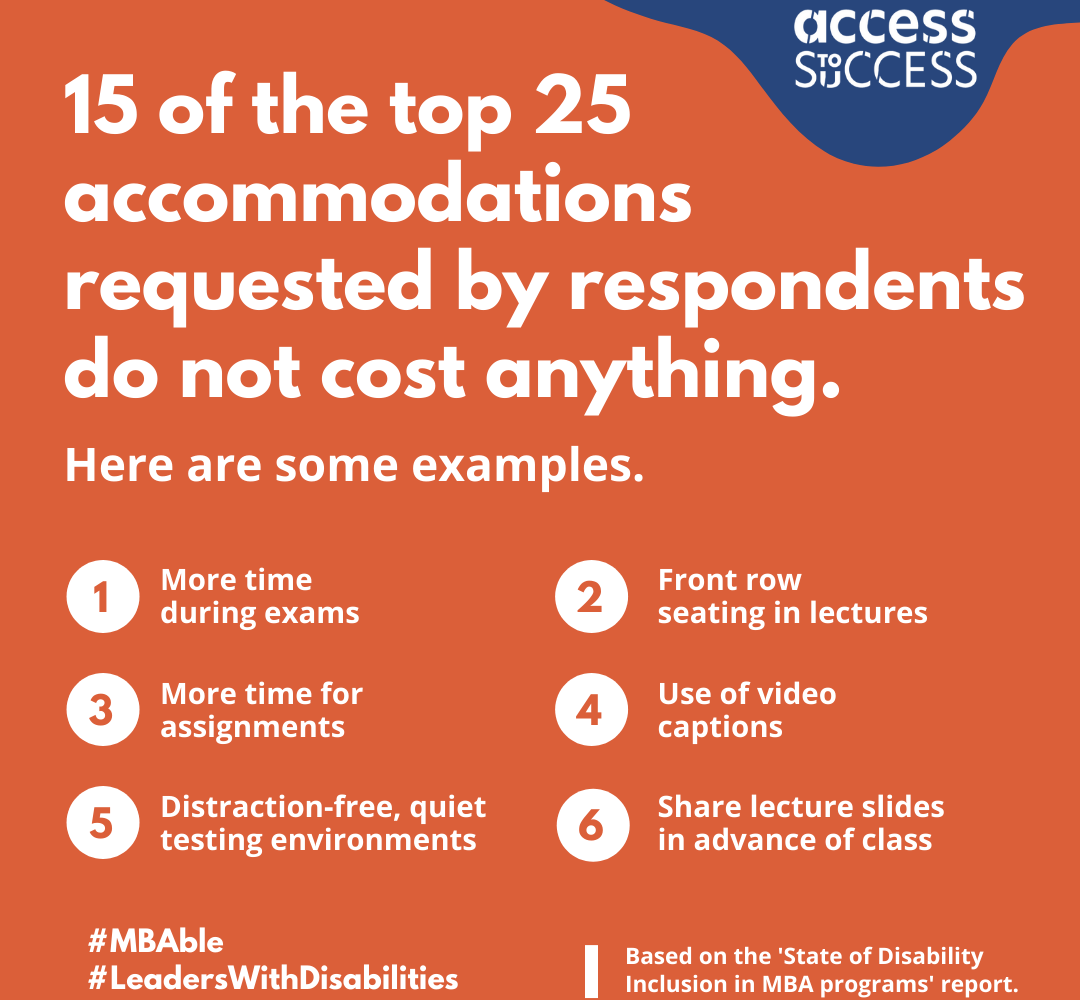
The first step is to meet with a disability center to do an intake. They’ll look at your documentation to confirm that you do have a disability. It will be the student’s responsibility to advocate for themselves.
Students will need to work directly with professors to find the right accommodations because every class is different, and every disability is unique. What’s important is to find an agreed-upon solution that meets the student’s needs and is considered reasonable accommodation.
There’s little comparable research in MBA programs, but when you look at undergrad, you’ll see that those with disabilities who disclose their disability and get accommodations will see an increase in their GPA anywhere from 0.5 to one whole point.
You’ll also see a dramatic increase in graduation rates—sometimes up to three or four times for those who disclose and receive the accommodations early on rather than later in their school system as they progress through the process.
What should these applicants do to prepare for the in-class experience?
Kevin: For the most part, professors are used to this, but it doesn’t always work smoothly. Professors differ in their knowledge and willingness to provide accommodations. I’ve had professors request to see specific documentation about my disability. That’s not the process. You work through the disability center, where they document your disability, and then you work with the professor to find the exact accommodation.
Most professors are good with this, but some aren’t. Some will say that they think the accommodation is an unfair advantage. For example, some professors believe that the extra time often allotted to those with learning disabilities is an unfair advantage.
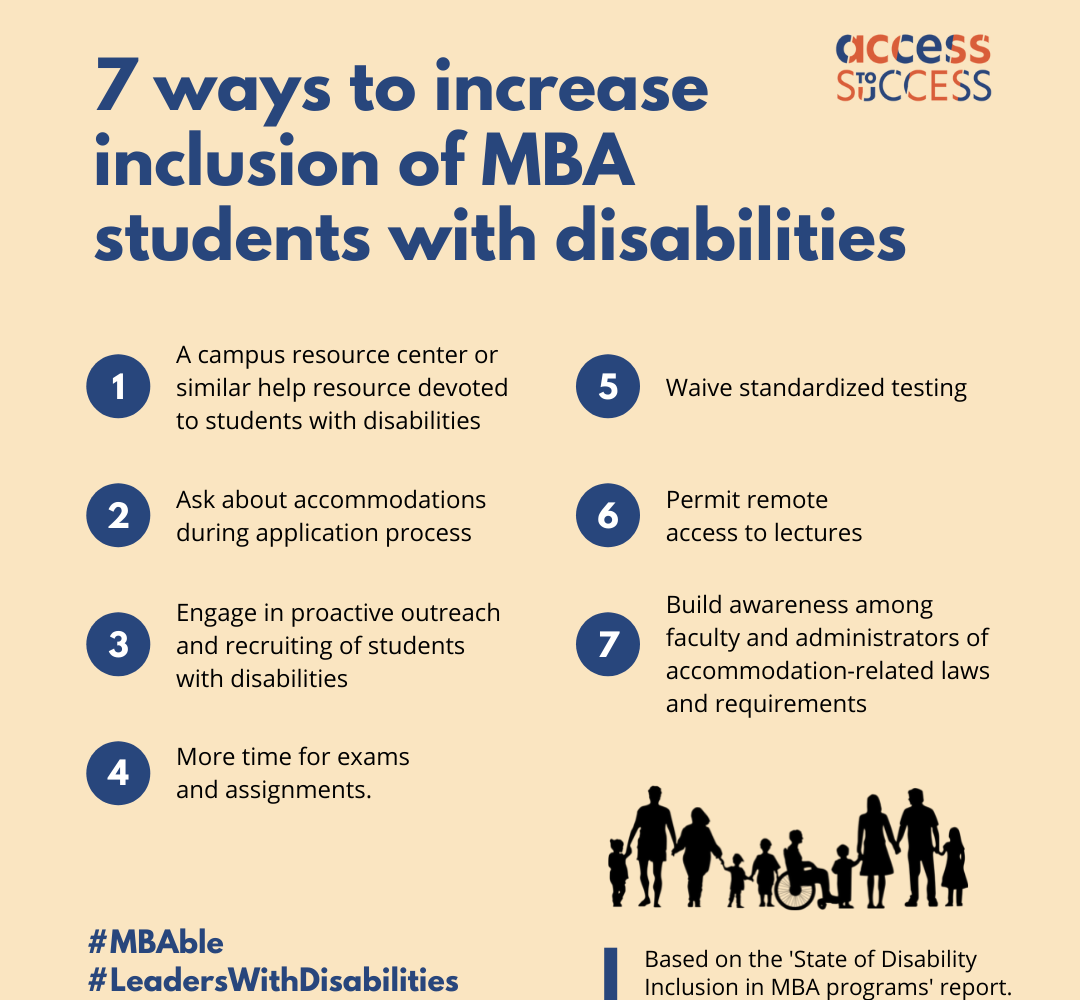
Another obstacle, especially at elite education institutions, is that they have many professors from different countries with different norms. That can be highly challenging. In my experience, international professors, especially those visiting for a short period, might not understand what it means to provide reasonable accommodations per the Americans with Disabilities Act.
Some countries have more progressive rules, and some have less progressive rules, but every country is different. Dealing with international professors who don’t understand the ADA’s nuances can lead to more challenging conversations.
And so, this is where advocacy comes in. Understand the ADA and what a reasonable accommodation is, and work with a disability office to overcome some of the obstacles that you might face.
How can students with disabilities make the most of the social, networking, and bonding opportunities that are vital to the MBA experience?
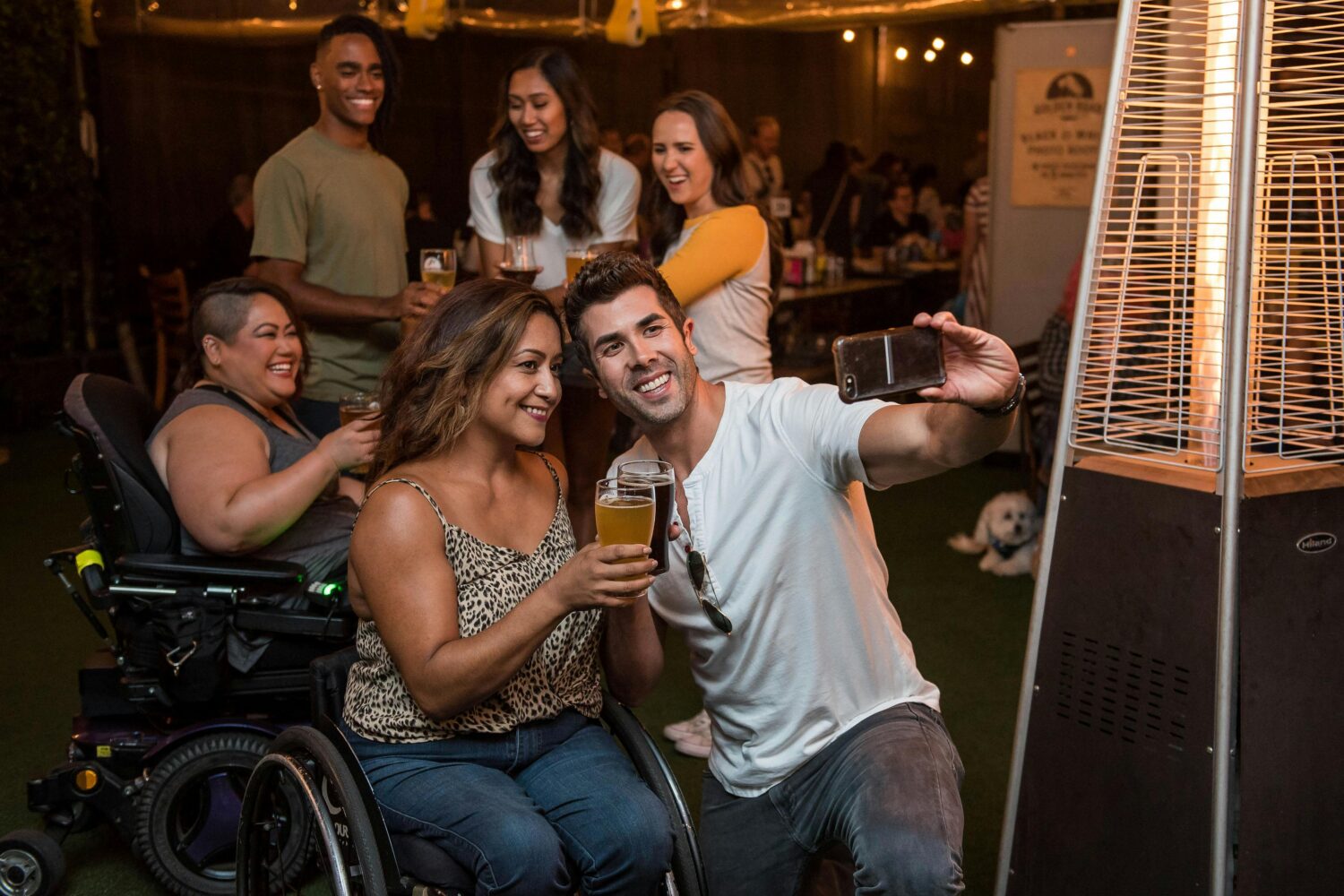
Kevin: The research is clear on the lack of social mobility that those with disabilities face. There are obvious reasons for that. Sometimes, it’s physical limitations. For example, there could be a softball league, and someone has a physical limitation that prevents them from playing. You can understand they couldn’t join that team and share some bonding and fun.
I would recommend a few things to MBA students with disabilities. People belong to multiple groups, so I suggest these students find the commonalities they share with others. There’s a lot of overlap between the disabled community and some of the marginalized groups you might find in business school. For example, 20% of all African Americans also identify as being disabled. The same is true for Native Americans.
The second thing I recommend is finding affinity groups of like-minded people with similar interests. It’s easy to focus on the differences, but there’s also a lot of overlap. There are dozens, sometimes hundreds, of different clubs in business school. It’s critical to find those clubs and groups where your disability doesn’t prevent you from enjoying those activities and that group bonding.
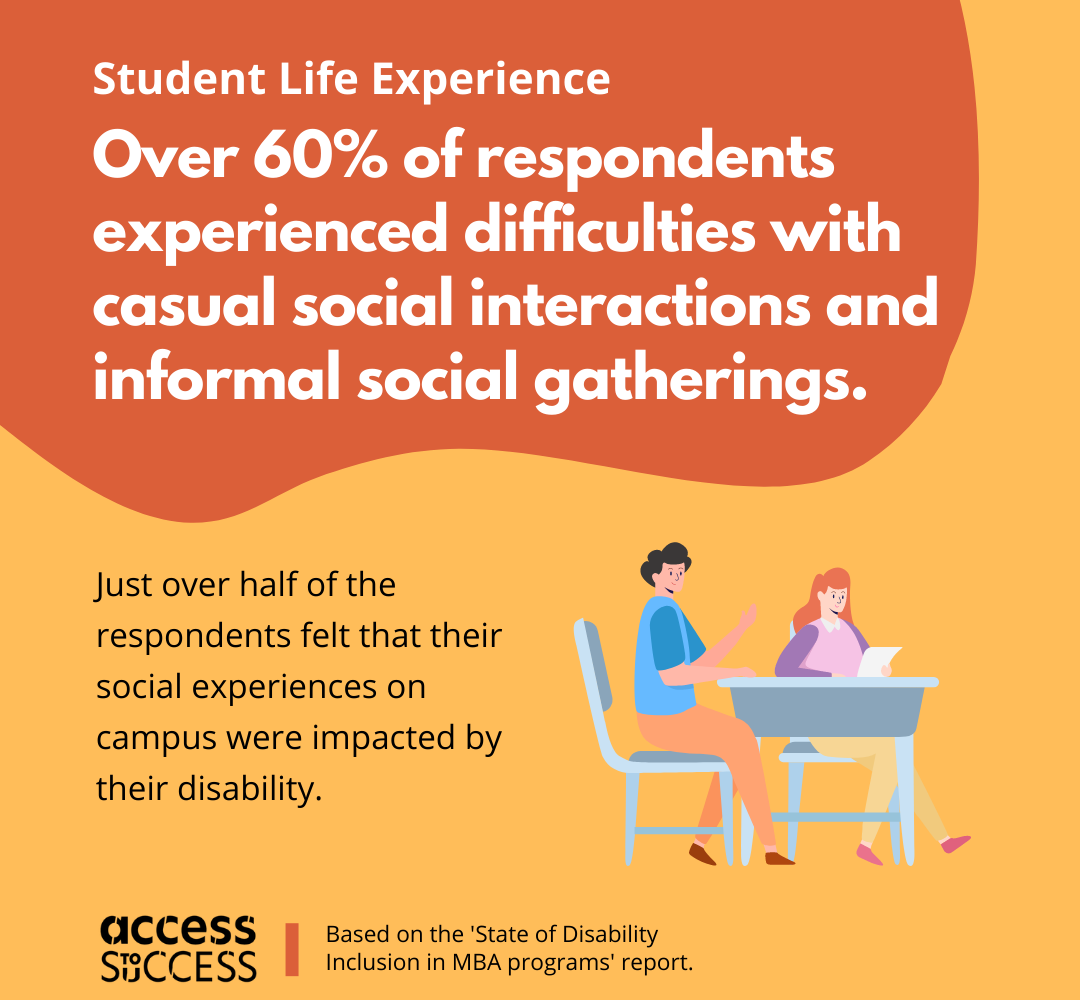
Let’s talk now about the interview process for both internships and postgraduate jobs. What have you learned from the MBA students you’ve worked with?
Kevin: There are a few differing opinions on this. At one extreme, some believe that you should learn the skills you need to work through and adapt to any environment you’re going to be in and not share your disability during an interview.
On the other hand, there are those who believe you should be very open from the beginning. That way, you can find the right environment and type of people to support you and get the accommodations you need.
Of course, the risk of disclosing is that you may face some levels of discrimination. This is especially true when interviewing with people who may not have exposure to or might not be comfortable with those with various forms of disabilities. So, my advice is that if you need accommodations during the interview process, you should certainly ask for it.
There are also some services to consider for MBA graduates, depending on their type of disability. One example is a nonprofit called Integrate that works specifically with students on the autistic spectrum. They help college graduates and MBA graduates succeed in finding the right employer and being successful as they transition to that work.
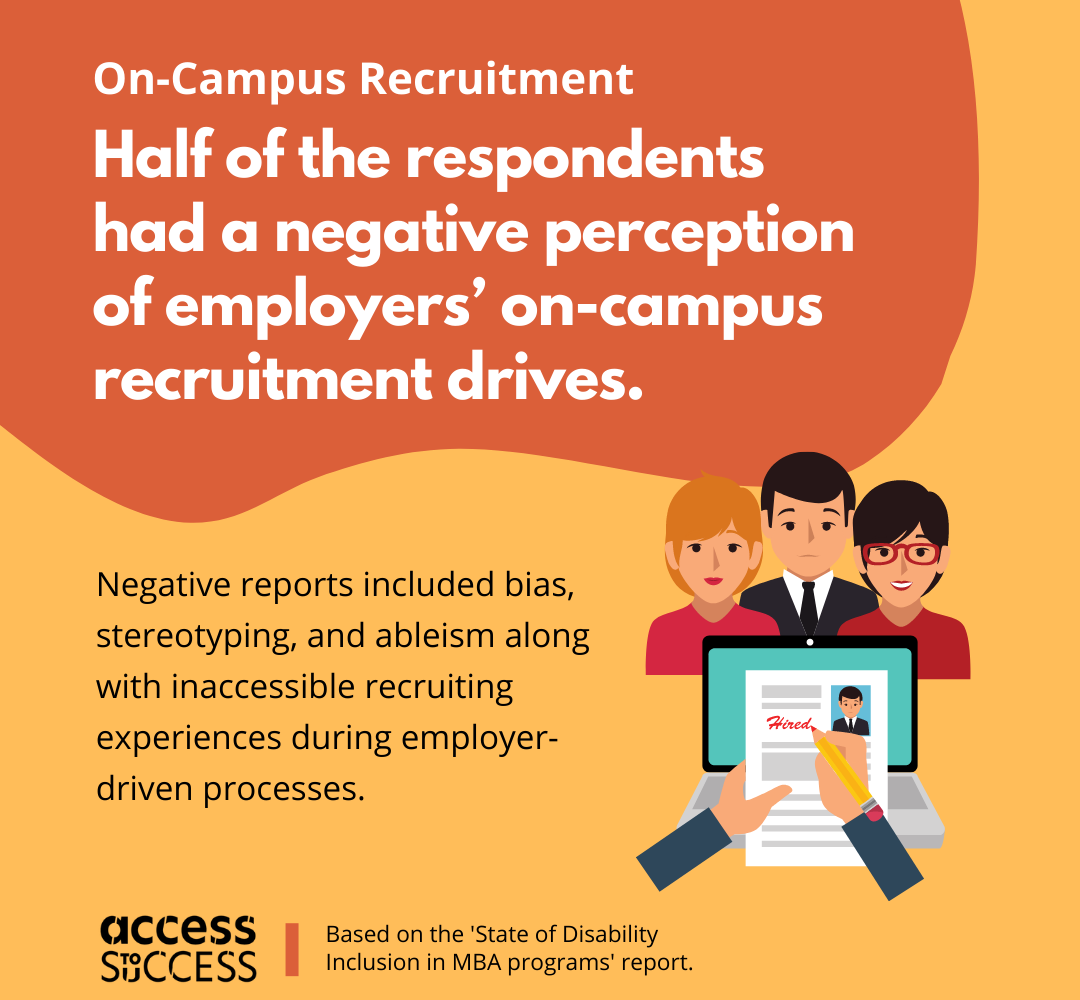
Thanks for sharing your insights and advice from your experience working with MBA applicants with disabilities. Before we wrap up, is there anything else you’d like to add?
Kevin: Business schools seek diverse candidates with unique life experiences and viewpoints. If disability has impacted your life, I would think very seriously about how you can use it to tell a story about what sort of career you’re looking for and the impact you’re looking to have in organizations and society.
Finally, just be a good advocate for yourself and an ally for others who need it in the disability space, whether that’s in college, graduate school, or employment. Advocate for yourself and help others. Those are the three areas I would focus on for anyone considering business school.
***
Stacy Blackman Consulting offers multiple services to meet your MBA application needs, from our All-In Partnership and Interview Prep to hourly help with essay editing, resume review, and much more! Contact us today for a free 15-minute advising session to talk strategy with a Principal SBC consultant.
Here’s a snapshot of the caliber of expertise on our SBC team.
Ashley
Ashley is a former MBA Admissions Board Member for Harvard Business School (HBS), where she interviewed and evaluated thousands of business school applicants for over a six year tenure. Ashley holds an MBA from HBS.
During her HBS years, Ashley was the Sports Editor for the Harbus and a member of the B-School Blades Ice Hockey Team. After HBS, she worked in Marketing at the Gillette Company on Male and Female shaving ...
Kerry
Kerry is a former member of the Admissions Board at Harvard Business School (HBS).
During her 5+ year tenure at HBS, she read and evaluated hundreds of applications and interviewed MBA candidates from a wide range of backgrounds across the globe. She also led marketing and outreach efforts focused on increasing diversity and inclusion, ran the Summer Venture in Management Program (SVMP), and launched the 2+2 Program during her time in Admissions.
Kerry holds a B.A. from Bates College and ...
Pauline
A former associate director of admissions at Harvard Business School, Pauline served on the HBS MBA Admissions Board full-time for four years. She evaluated and interviewed HBS applicants, both on-campus and globally.
Pauline's career has included sales and marketing management roles with Coca-Cola, Gillette, Procter & Gamble, and IBM. For over 10 years, Pauline has expertly guided MBA applicants, and her clients h ...
Geri
Geri is a former member of the Admissions Board at Harvard Business School (HBS).
In her 7 year tenure in HBS Admissions, she read and evaluated hundreds of applications and interviewed MBA candidates from a diverse set of academic, geographic, and employment backgrounds. Geri also traveled globally representing the school at outreach events in order to raise awareness for women and international students. In additio ...
Laura
Laura comes from the MBA Admissions Board at Harvard Business School (HBS) and is an HBS MBA alumnus. In her HBS Admissions role, she evaluated and interviewed hundreds of business school candidates, including internationals, women, military and other applicant pools, for five years.
Prior to her time as a student at HBS, Laura began her career in advertising and marketing in Chicago at Leo Burnett where she worked on th ...
Andrea
Andrea served as the Associate Director of MBA Admissions at Harvard Business School (HBS) for over five years. In this role, she provided strategic direction for student yield-management activities and also served as a full member of the admissions committee.
In 2007, Andrea launched the new 2+2 Program at Harvard Business School – a program targeted at college junior applicants to Harvard Business School. Andrea has also served as a Career Coach for Harvard Business School for both cu ...
Jennifer
Jennifer served as Admissions Officer at the Stanford (GSB) for five years. She holds an MBA from Stanford (GSB) and a B.S. in Chemical Engineering from University of Illinois Urbana-Champaign.
Jennifer has over 15 years experience in guiding applicants through the increasingly competitive admissions process into top MBA programs. Having read thousands and thousands of essays and applications while at Stanford (GSB) Admiss ...
Erin K.
Erin served in key roles in MBA Admissions--as Director at Haas School of Business at UC Berkeley and Assistant Director at Stanford's Graduate School of Business (GSB).
Erin served on the admissions committee at each school and has read thousands of applications in her career. At Haas, she served for seven years in roles that encompassed evaluation, outreach, and diversity and inclusion. During her tenure in Admissions at GSB, she was responsible for candidate evaluation, applicant outreach, ...
Susie
Susie comes from the Admissions Office of the Stanford Graduate School of Business where she reviewed and evaluated hundreds of prospective students’ applications. She holds an MBA from Stanford’s GSB and a BA from Stanford in Economics.
Prior to advising MBA applicants, Susie held a variety of roles over a 15-year period in capital markets, finance, and real estate, including as partner in one of the nation’s most innovative finance and real estate investment organizations. In that r ...
Dione
Dione holds an MBA degree from Stanford Business School (GSB) and a BA degree from Stanford University, where she double majored in Economics and Communication with concentrations in journalism and sociology. Dione has served as an Admissions reader and member of the Minority Admissions Advisory Committee at Stanford.
Dione is an accomplished and respected advocate and thought leader on education and diversity. She is ...
Anthony
Anthony served as the Associate Director of MBA Admissions at the Wharton School at the University of Pennsylvania, where he dedicated over 10 years of expertise.
During his time as a Wharton Admissions Officer, he read and reviewed thousands of applications and helped bring in a class of 800+ students a year. Anthony has traveled both domestically and internationally to recruit a ...
Meghan
Meghan served as the Associate Director of Admissions and Marketing at the Wharton MBA’s Lauder Institute, a joint degree program combining the Wharton MBA with an MA in International Studies.
In her role on the Wharton MBA admissions committee, Meghan advised domestic and international applicants; conducted interviews and information sessions domestically and overseas in Asia, Central and South America, and Europe; and evaluated applicants for admission to the program. Meghan also managed ...
Amy
Amy comes from the Wharton School of the University of Pennsylvania where she was Associate Director. Amy devoted 12 years at the Wharton School, working closely with MBA students and supporting the admissions team.
During her tenure at Wharton, Amy served as a trusted adviser to prospective applicants as well as admitted and matriculated students. She conducted admissions chats with applicants early in the admissions ...
Ally
Ally brings six years of admissions experience to the SBC team, most recently as an Assistant Director of Admission for the full-time MBA program at Columbia Business School (CBS).
During her time at Columbia, Ally was responsible for reviewing applications, planning recruitment events, and interviewing candidates for both the full-time MBA program and the Executive MBA program. She traveled both internationally and dome ...
Erin B.
Erin has over seven years of experience working across major institutions, including University of Pennsylvania, Columbia Business School, and NYU's Stern School of Business.
At Columbia Business School, Erin was an Assistant Director of Admissions where she evaluated applications for both the full time and executive MBA programs, sat on the admissions and merit scholarship committees and advised applicants on which program might be the best fit for them based on their work experience and pro ...
Emma
Emma comes from the MBA Admissions Office at Columbia Business School (CBS), where she was Associate Director.
Emma conducted dozens of interviews each cycle for the MBA and EMBA programs, as well as coordinating the alumni ambassador interview program. She read and evaluated hundreds of applications each cycle, delivered information sessions to audiences across the globe, and advised countless waitlisted applicants.</sp ...
The post Admissions Advice for MBA Applicants with Disabilities appeared first on Stacy Blackman Consulting - MBA Admissions Consulting.

